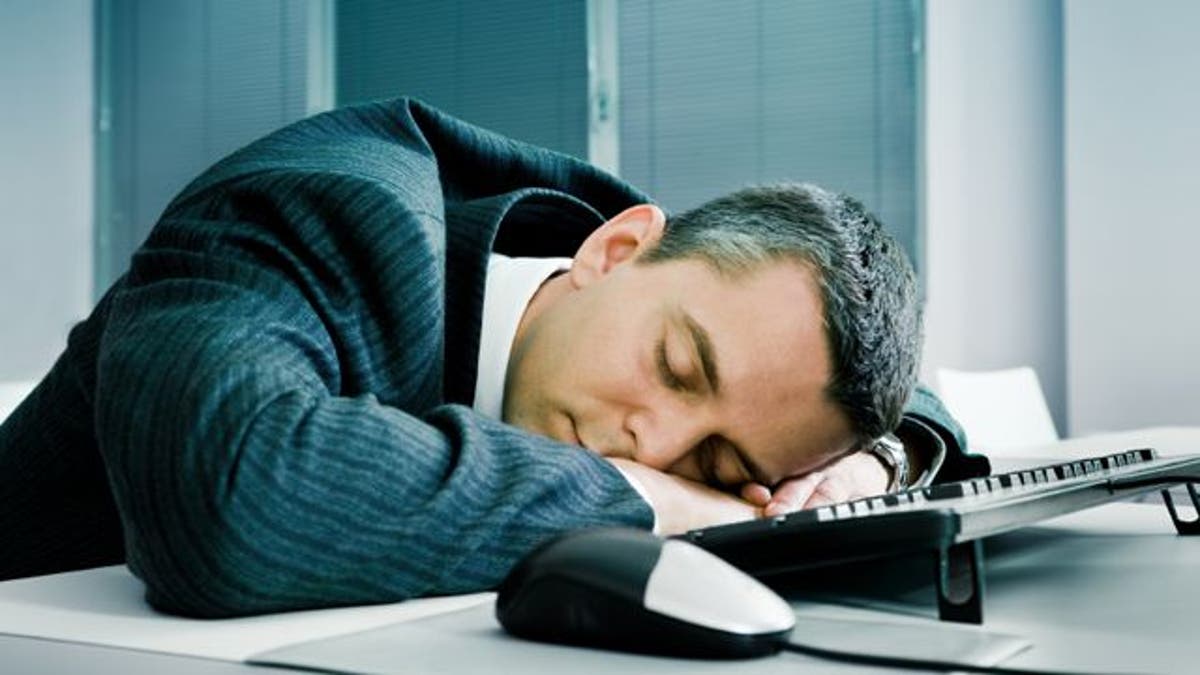
New research shows that an extra dose of the brain’s own chemicals can help overcome sleep problems brought on by jet lag or daylight savings.
The human biological clock has evolved to slowly adjust to seasonal changes based on the amount of daylight we experience. But daylight saving time, shift work, traveling to another time zone, or merely staying up too late at night can disrupt this internal schedule.
Experts say that even the seemingly innocuous one-hour time change for daylight saving increases the risk of fatal car crashes and heart attacks. Major historical catastrophes from the nuclear accident at Chernobyl to the space shuttle Challenger explosion have been linked to insufficient sleep or disrupted circadian rhythms.
Prior research published in The New England Journal of Medicine shows that measurable differences in sleep patterns exist for up to five days after the daylight savings shift. Daylight saving ends this year on Sunday, Nov. 3.
According to new research published Monday in Proceedings of the National Academy of Sciences, introducing a larger amount of an amino acid naturally found in the brain may help humans better adjust to daylight savings and long-distance travel.
Related: Use These 10 Natural Tips to Get Better Sleep
The VIP Way of Adjusting to Jet Lag
Erik Herzog has studied the body's time-keeping mechanisms for 13 years at Washington University, focusing on the effects of humans continually working against their biological clocks.
The master circadian clock in mammals—which regulates levels of certain brain chemicals based on existing daylight—is about the size of a grain of rice. Each neuron in the knot of 20,000 nerve cells called the suprachiasmatic nucleus (SCN) has its own clock, but they run at different rhythms.
“They're like a society where each cell has its own opinion on what time of day it is,” Herzog said in a statement. “They need to agree on the time of day in order to coordinate daily rhythms in alertness and metabolism.”
These cells synchronize their sense of time using vasoactive intestinal polypeptides (VIP), a small string of amino acids. However, researchers found that if there is too much VIP in the brain, the cells are knocked out of synch.
After some tests in the lab, researchers found that an increase in VIP disrupted the biological clock, but also made it more susceptible to environmental cues, such as existing daylight.
The researchers gave mice jet lag by giving them a shot of VIP a day before shifting their light schedule, mimicking landing in a new time zone like many human travelers experience. The shot helped the mice quickly adjust to their new light schedule.
Related: Camp Out: Learn How Sleeping Under the Stars Can Reset Your Internal Clock
“That's really exciting,” Herzog said. “This is the first demonstration that giving a bit more of a substance the brain already makes actually improves the way the circadian system functions.”
Herzog said the next step in their research is to find a way to help the brain release its own VIP stores, or to find a light trigger that mimics the effects of extra VIP.
How to Adjust to a New Sleep Cycle
While VIP shots aren’t available for humans yet, here are some ways to help your body adjust to the upcoming time change:
Scroll back your sleep cycle: To get a jump on Sunday, try going to bed 15 minutes earlier every night and waking 15 minutes earlier every morning until you’re matched up with the one hour change.
Turn off the TV and computer: Research has shown that the glowing lights of televisions and computer screens that mimic daylight disrupt the brain. Ending your screen time an hour before going to bed can help your mind get ready for sleep.
Related: 7 Steps to Cure Insomnia
Keep a nighttime routine: Don’t exercise or eat one hour before bedtime, and follow a winding-down pre-sleep schedule.
Get some sunshine: During the day, make sure to go outside and get some sun. This helps your body naturally deal with the time change.
Try light therapy: If you’re not getting enough natural sun, a mental health professional can help you with artificial light therapy to get your mind and body adjusted to any sleep changes.
Related: Learn How to Better Manage Jet Lag
